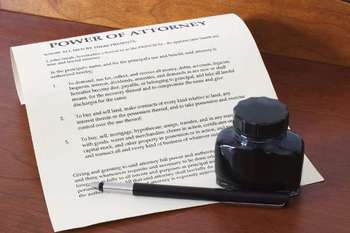Small Estates
 When a loved one passes away, there will be a time to grieve. There will also be a time for you to figure out what happens to their estate. You may be wondering, what happens with small estates?
When a loved one passes away, there will be a time to grieve. There will also be a time for you to figure out what happens to their estate. You may be wondering, what happens with small estates?
Small Estates: Does the Size of an Estate Matter?
If an estate contains assets of less than $30,000 and no real estate, the law allows for it to be handled via what’s officially known as a voluntary administration, which is a very short form estate. An individual can complete a four-page form that lists all of the people involved in the estate. If there is no will, the form would list the family – people we call distributees. If there is a will, it would list the beneficiaries. Next, it would name the person petitioning for the letters and list the specific assets to be administered. Unlike a full estate where you have the power to deal with all of the estate’s assets without restriction, you get documents called letters and you can deal with them.
In a small estate, the court gives you specific authority to handle certain assets. For instance, you would list all bank accounts. You would also list vehicles, including their VIN numbers and the court would then issue certificates permitting you to collect those vehicles, bank accounts, and other assets. You can’t use this method for real property, however, or to sell a house.
Download Our Free Estate Planning Guide
Once you complete the process and have those certificates, you can collect those assets, pay any outstanding bills and distribute. It is much more efficient, and the filing fees are minimal. I think they’re a dollar. For a lot of people, this approach offers a very simple procedure to close up the affairs of a loved one.
If you and your family need legal guidance following the loss of a loved one, please call our office today for a legal consultation with one of our excellent Buffalo estate planning lawyers.
